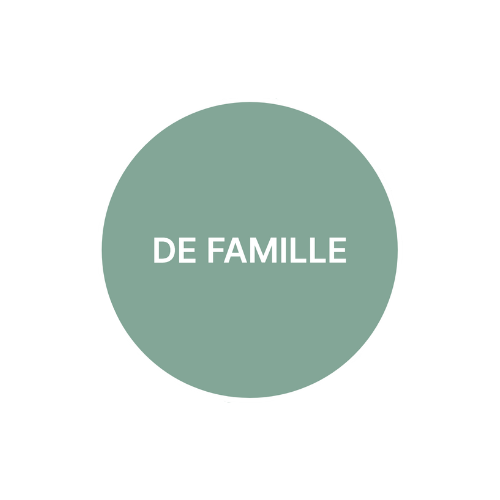The Gien Earthenware Factory

 |
The Faïencerie de Gien is a company founded in 1821 by Thomas Edme Hulm in the heart of the Centre-Val-de-Loire region. This founder belongs to the Edme Hulm family, known as "Hall," who notably owned the Montereau faience factory between 1774 and 1796. The Gien factory was then installed in the former Minims convent of Gien and it is here that the history of Gien earthenware begins. |
|
Over the next 20 years, the earthenware factory experienced some development difficulties which forced it to change owners regularly. In 1842, the factory, then called "Guyon, Boulen et Cie," bought the Briare earthenware factory and took control of it. On this occasion, it was renamed "Geoffroy, Guérin et Cie" and employed just over 500 people. |
|

|
The first productions of the factory revolved around simple and utilitarian tableware, later progressing towards table services and prestigious orders for the great French families. This earthenware factory will also produce some references of kerosene and oil lamps, cloisonné enamels as well as ceramic covering tiles. The imitation of 18th-century printed and colored decorations appeared between 1853 and 1865. This technique, entirely handmade, earned him a silver medal at the 1867 Paris World's Fair and is still used today. |
|
In 1866, the company was taken over by Jean-Félix Bapterosses, a prominent French industrialist of the time, particularly known for his takeover of the Briare earthenware factories. Since then, the company has belonged to the descendants of Mr. Bapterosses, becoming the Faïencerie de Gien in 1875. It was during the last 20 years of the 19th century that the Faïencerie distinguished itself through its creativity and technical performance, which enabled the creation of monumental and original pieces. The factory received a gold medal in Philadelphia and at the 1900 World's Fair. In 1983, 2002 and 2014 the earthenware factory changed management and was finally taken over by Yves de Talhouët. The Faïencerie continues today to perpetuate its tradition while exploring new avenues in contemporary creation. |
 |

